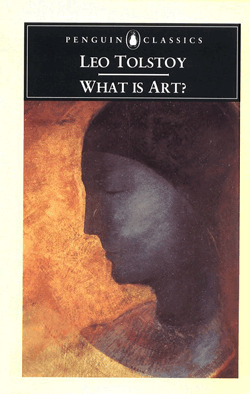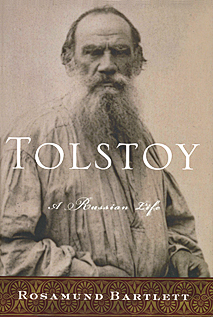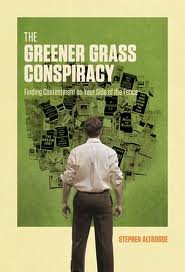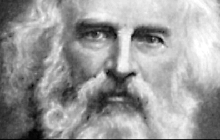Tolstoy’s short story How Much Land Does a Man Need? is a classic, having engaged people from different times and cultures in an important discussion: how much of anything does a man truly need, and what can an obsessive pursuit of material things mean for the health of his soul?
Great minds have wrestled with this question in different ways. Socrates said, “He who is not contented with what he has, would not be contented with what he would like to have.” Fyodor Dostoevsky, a contemporary of Tolstoy, wrote in The Brothers Karamazov:
“The world says: ‘You have needs — satisfy them. You have as much right as the rich and the mighty. Don’t hesitate to satisfy your needs; indeed, expand your needs and demand more.’ This is the worldly doctrine of today. And they believe that this is freedom. The result for the rich is isolation and suicide, for the poor, envy and murder.”
Do you agree with Socrates and Dostoevsky?
Perhaps most famously, Jesus Christ addressed this issue with a profound question to his disciples (Mark 8:36 ESV): “For what does it profit a man to gain the whole world and forfeit his soul?” A passion that controls you can kill you. This places the duty on each of us to order our affections so that our lives are spent on the greatest good. Sometimes the most important things in life are intangible; the health of one’s soul is often sacrificed to greed. Considering these things, ask yourself:
- Toward what do I direct my affections?
- Toward what do I direct my affections with greed that consumes me?
- What are practical and real actions I can take to avoid becoming like Pahom?
- How can I be an agent for change in overcoming misguided greed in our culture?
- It has been said that charity is the opposite of greed. Do you agree, and if so, how can you pursue that?










